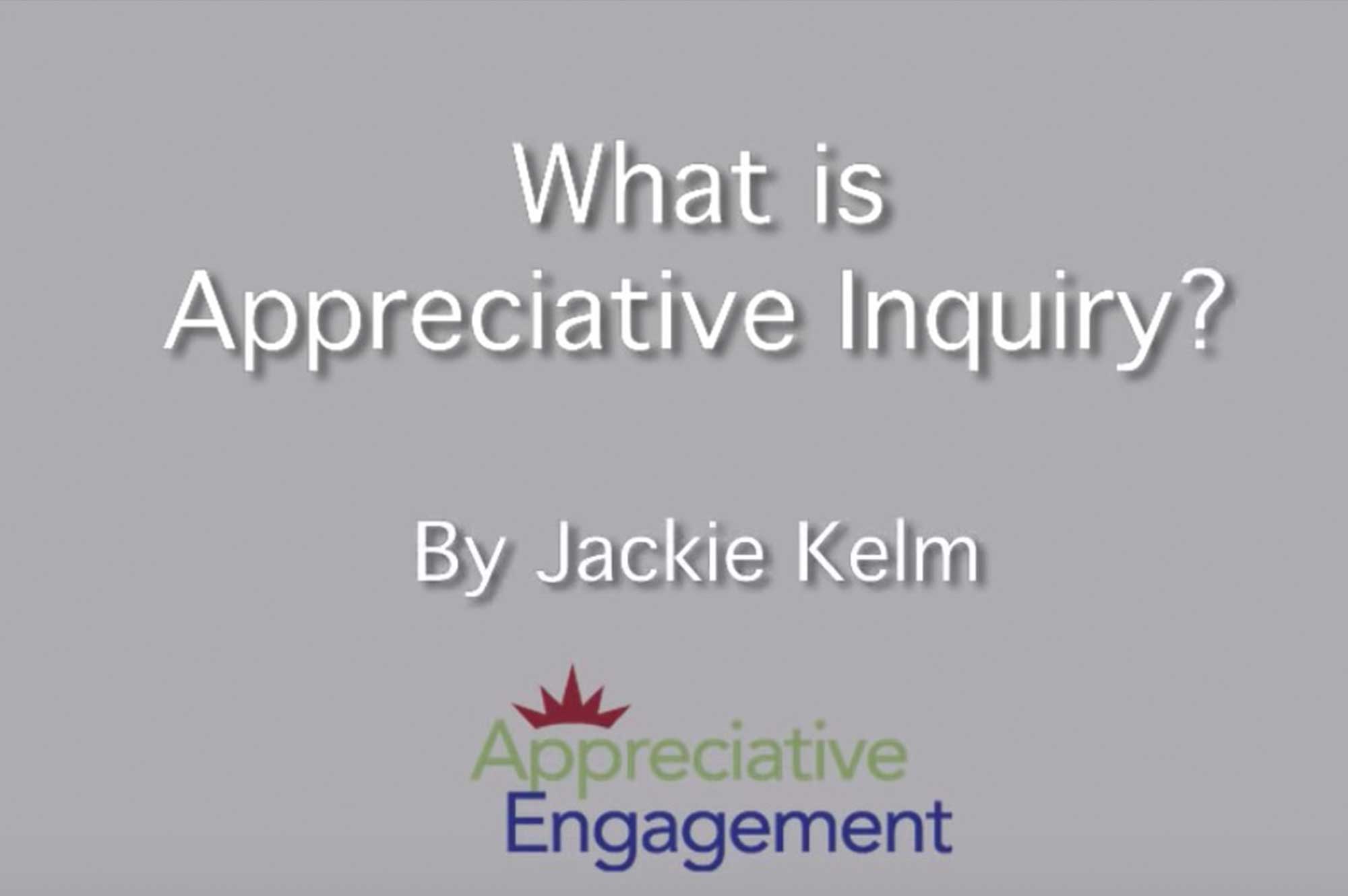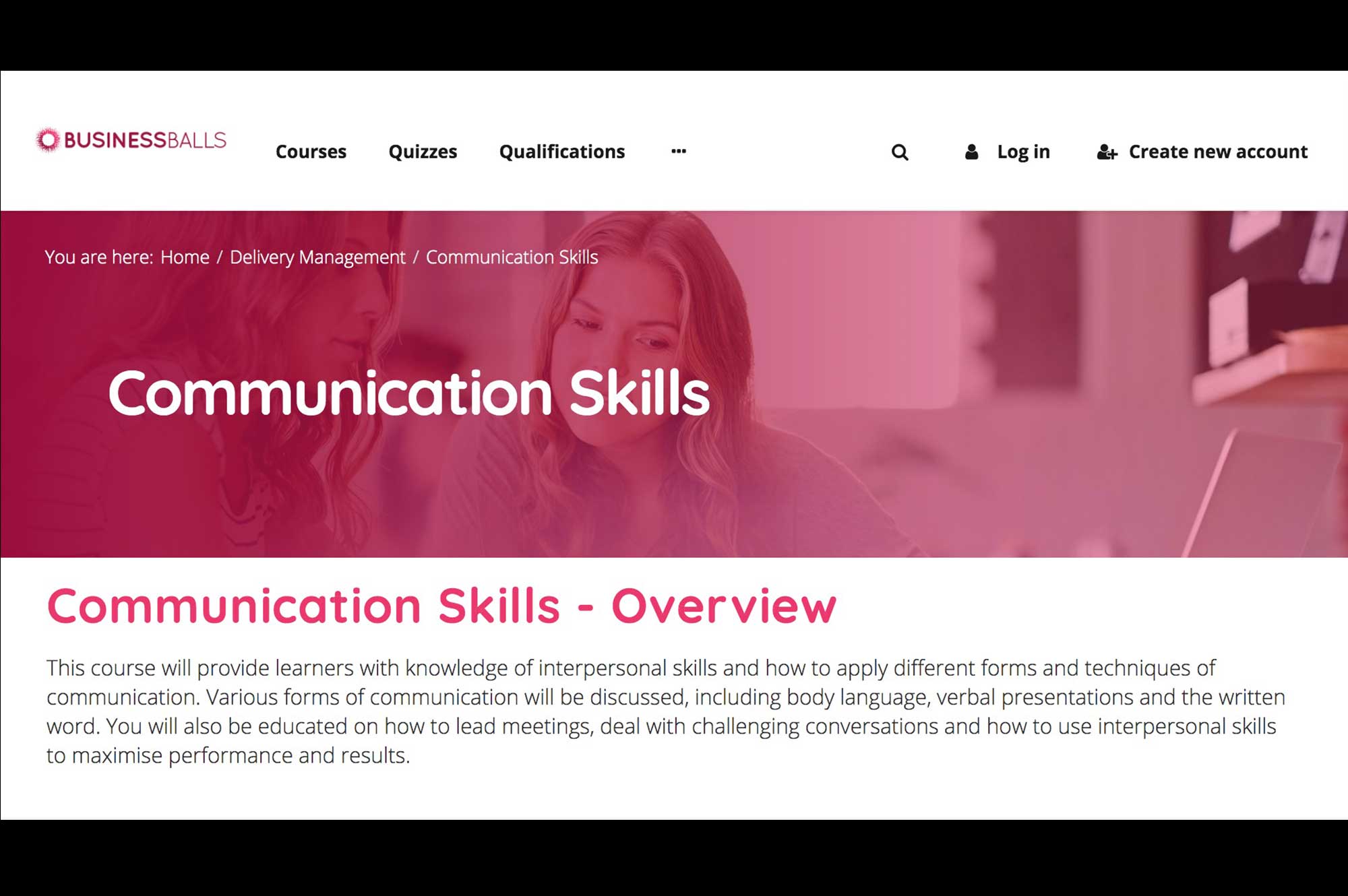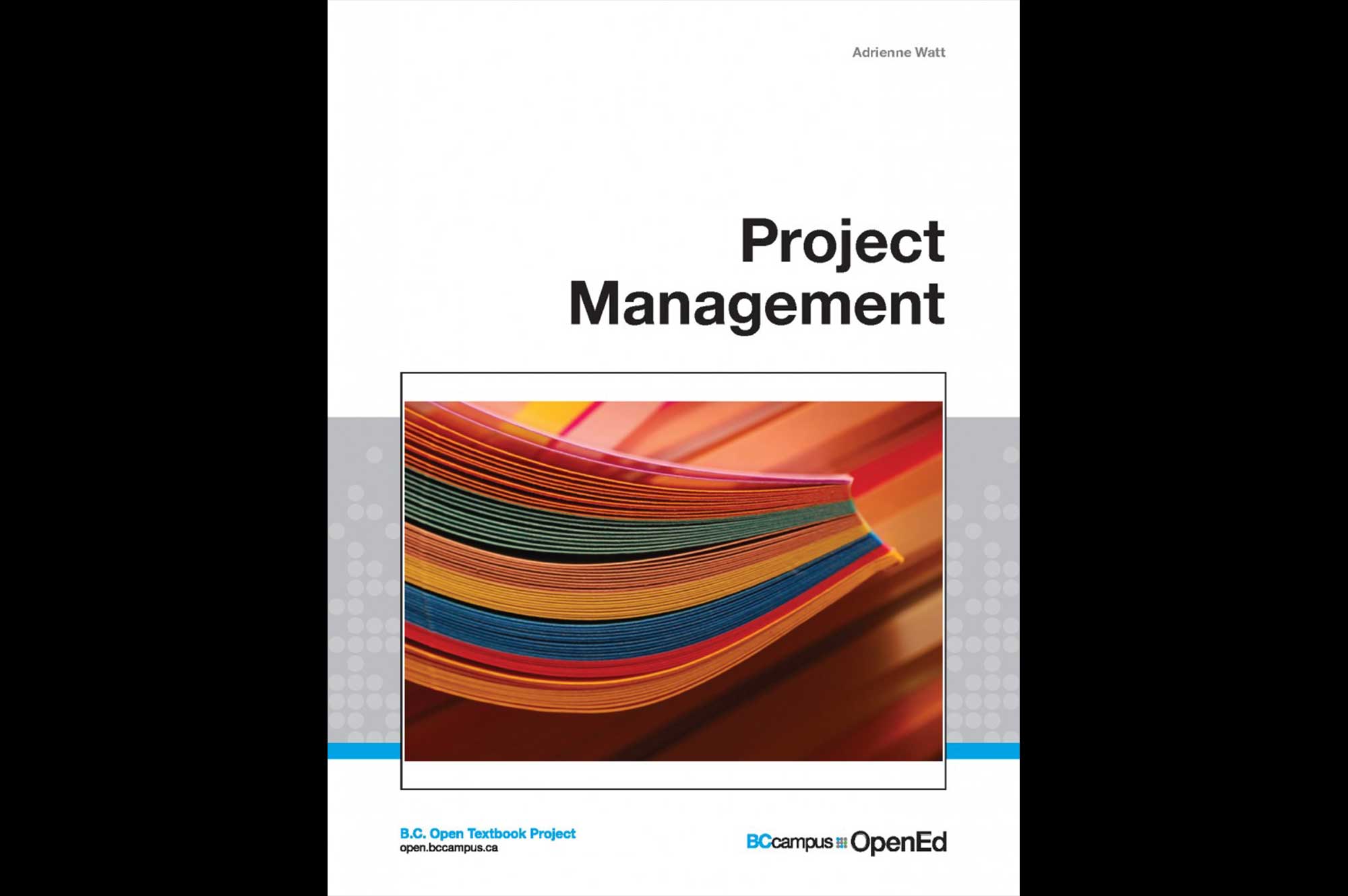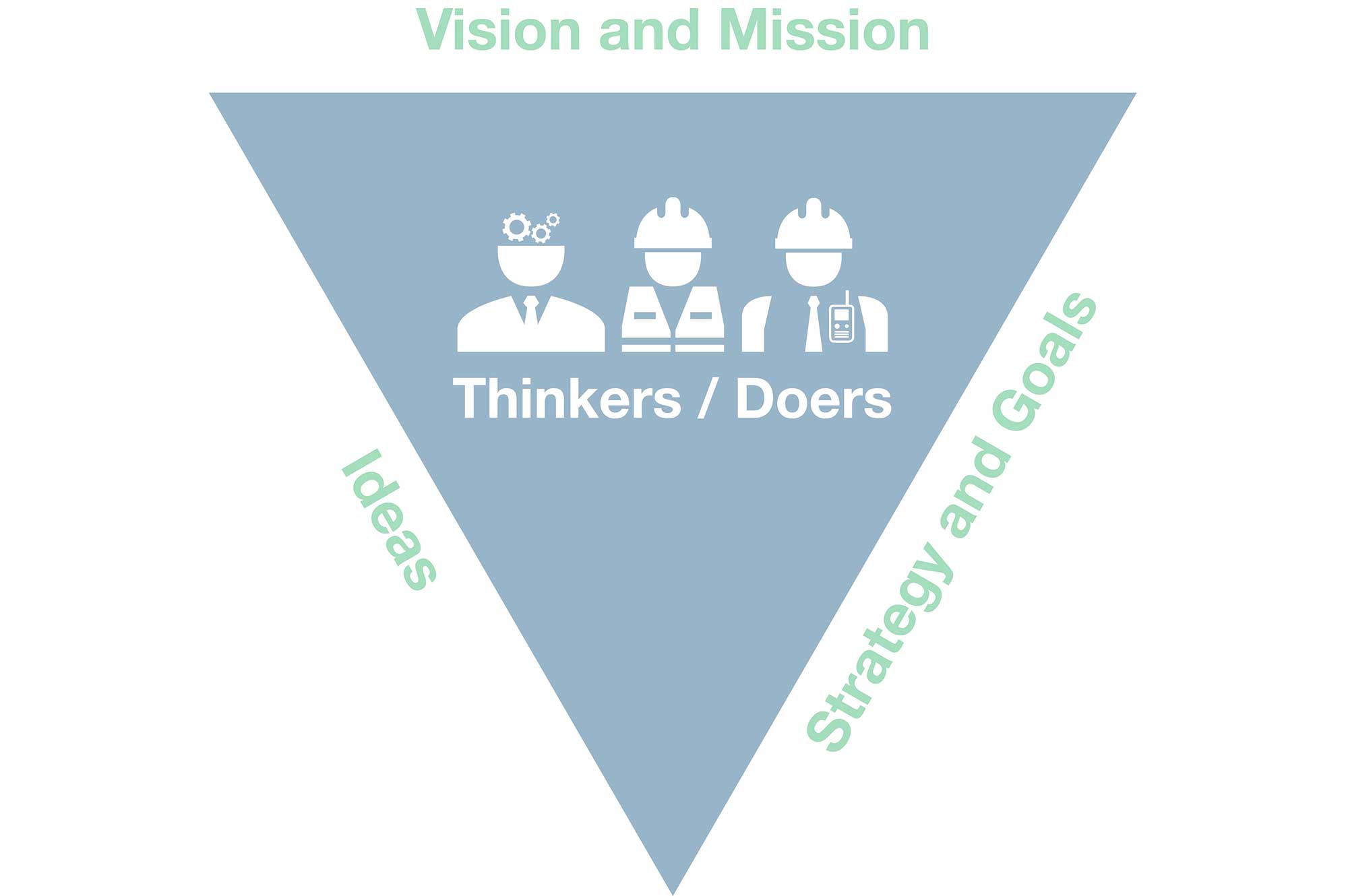Organizational Leadership describes the extent to which the leader’s awareness is focussed on whole system improvement, productivity and branch welfare. Organizational Leadership includes business focussed goal setting for high achievement.
Organizational Leadership aligns with five of BC Corrections’ identified leadership competencies:
Collaboration
Business Competence
Organizational Awareness
Vision & Goal Setting, and
Accountability
Leaders who demonstrate strong Organizational Leadership skills understand the nature of the branch and the ministry’s business and how it connects to and impacts clients and partners. They think about and navigate the structural, cultural and political nuances of the organization and demonstrate a systems perspective to leverage the resources and capabilities within the ministry. They communicate clearly and model commitment to the purpose and vision of the organization. They allocate work to meet objectives in ways that are both challenging and meaningful for employees. They set high performance standards and hold individuals and teams accountable to achieve results.
Developing strong Organizational Leadership ensures that the day-to-day actions within our Centres align with broader business initiatives of the Ministry. Individuals with competency in this area are able to develop trusting and productive relationships with partners across disciplines and hierarchies.
They are able to seek ideas, concerns and needs from stakeholders for mutual benefit on an ongoing basis, and can capitalize on the business unit’s strengths while recognizing limitations. Organizational Leadership skills allow individuals to communicate corporate goals with compelling vision, and to pursue continuous improvement and innovation.
Each topic below includes information on courses and/or workshops that are recommended on the path of organizational leadership as well as additional optional resources that can be explored.
At the core of being an effective leader is the knowledge of who you are in order to lead authentically. In this course, learners will gain a deeper understanding of their personal leadership style and its impact on others
This Public Service Agency course highlights the roles, accountabilities, key principles and seven phases of the life cycle of the procurement and contract management process
This 2 day course includes a project simulation that provides a solid understanding of project management principles and strategies to enhance success with any type of project.











